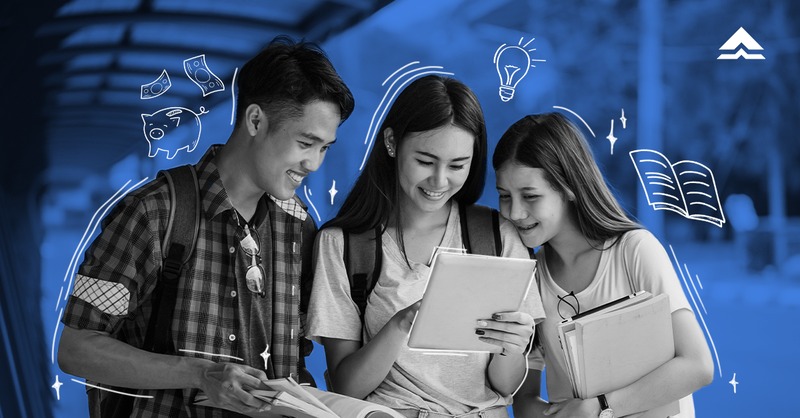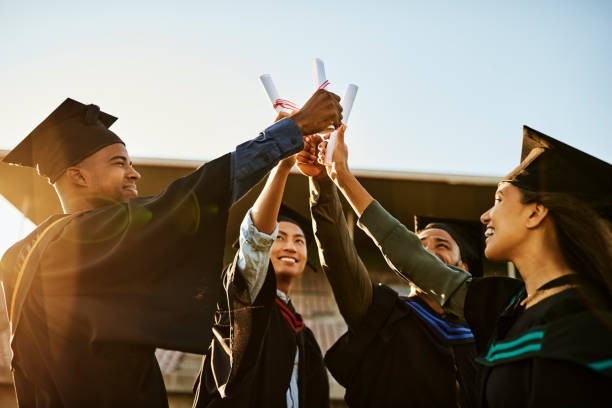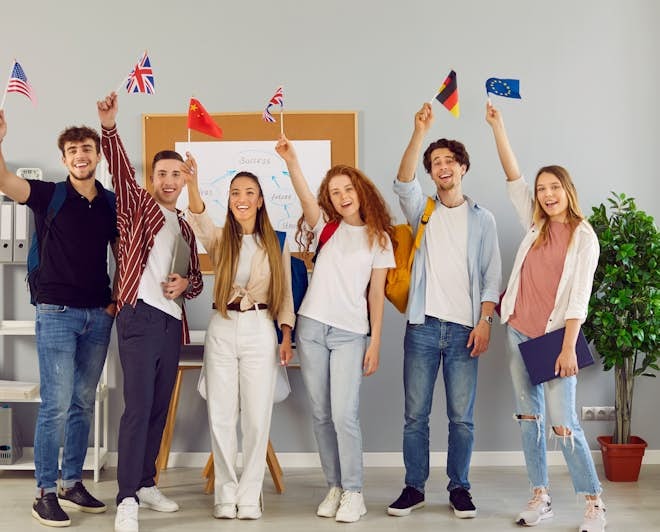Education is more than just attending school or earning a degree—it is a lifelong journey that shapes who we are and who we can become. From early childhood learning to higher education and beyond, the process of gaining knowledge and skills has the power to transform individuals, communities, and entire societies. Here’s how education changes lives and why it remains one of humanity’s most valuable tools.

1. Unlocks Potential and Fosters Critical Thinking
Education opens doors to new ideas, perspectives, and possibilities. It teaches us not just facts, but how to analyze, question, and solve problems. Critical thinking—the ability to reason, evaluate evidence, and make informed decisions—is one of the most essential skills education provides. Whether in science, literature, or philosophy, learning cultivates curiosity and creativity, helping individuals reach their full potential.
2. Breaks the Cycle of Poverty
Access to quality education is one of the most effective ways to lift people out of poverty. Studies consistently show that educated individuals earn higher wages, enjoy better health, and provide greater opportunities for their children. Education equips people with the skills needed for stable employment, financial independence, and the ability to contribute to economic growth.
3. Promotes Equality and Social Justice
Education is a powerful equalizer, offering marginalized groups—including women, minorities, and those in developing nations—a pathway to empowerment. When education is accessible to all, it reduces inequality, combats discrimination, and fosters social cohesion. An educated society is more likely to uphold democratic values, human rights, and inclusive policies.
4. Prepares for a Rapidly Changing World
In today’s fast-paced, technology-driven world, adaptability is key. Education provides the foundation for lifelong learning, enabling individuals to acquire new skills and stay relevant in evolving job markets. From digital literacy to environmental awareness, education prepares people to face global challenges with confidence.
5. Builds Stronger Communities
Educated individuals are more likely to engage in civic participation, volunteerism, and leadership. They contribute to healthier, safer, and more prosperous communities. Education fosters empathy, ethical reasoning, and collaboration—qualities essential for solving collective problems, from climate change to social injustice.
Conclusion
Education is not just a personal benefit—it is a societal imperative. It shapes minds, transforms futures, and paves the way for progress. Whether through formal schooling, vocational training, or self-directed learning, every step in education is an investment in a brighter, more equitable world. By valuing and expanding access to education, we empower individuals and societies to thrive in ways that extend far beyond the classroom.





